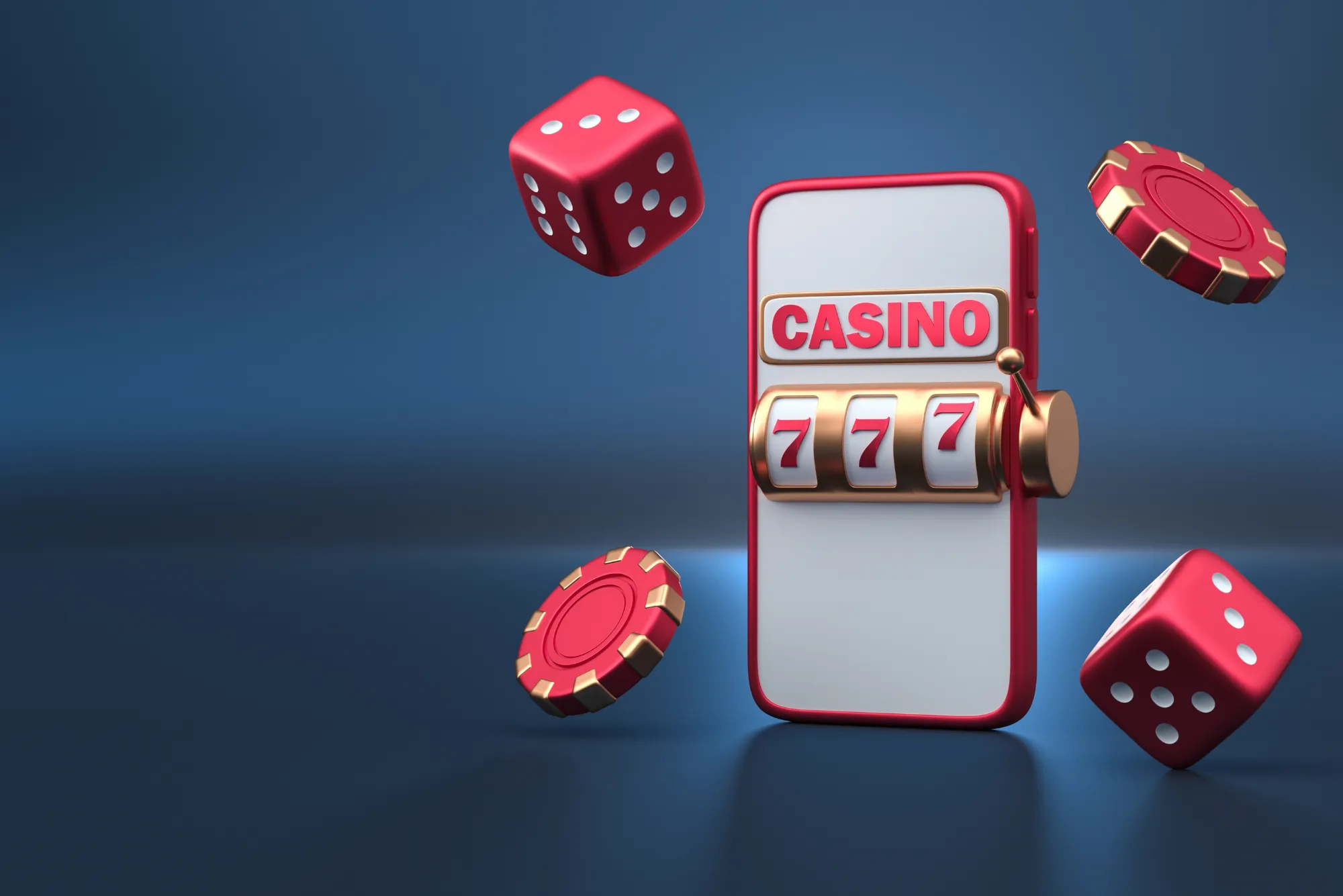Poker is one of those games that’s often associated with high rollers, smoky casinos, and tense standoffs where fortunes can be won or lost in a single hand. But there’s another side of poker that doesn’t always get the spotlight: low-stakes games. These smaller buy-in games, often played in casual settings or at the beginner tables online, can teach players lessons that extend far beyond the felt. From patience to emotional control, the skills honed in low-stakes poker often mirror the skills required to navigate life’s bigger challenges.
As someone who has spent years playing both for fun and as a serious student of the game, I’ve realized that the lessons from low-stakes poker often translate more powerfully into real-world applications than the high-stakes glamour most people imagine. And much like choosing reliable platforms in gaming — think fast payout casinos uk — the discipline and decision-making you practice in poker can make a real difference in how you handle bigger responsibilities in everyday life.
The Importance of Patience
One of the first things low-stakes poker teaches you is patience. Unlike the movies, where every hand seems dramatic, the reality is that poker often requires folding more than playing. Waiting for strong hands or favorable positions isn’t just good strategy; it’s a lesson in resisting the urge for instant gratification.
In life, patience works the same way. Whether it’s building a career, nurturing a relationship, or saving for a goal, rushing often leads to mistakes. Low-stakes poker gives you a safe environment to practice slowing down and making deliberate choices.
Emotional Control Under Pressure
Tilt — the emotional frustration that leads to bad decisions — is one of poker’s greatest enemies. In low-stakes games, you see tilt often because players feel the swings more acutely, even if the money is small. Learning how to recognize, control, and recover from tilt is invaluable.
Translating that skill to life, emotional control is critical in stressful situations: handling workplace conflicts, managing financial setbacks, or responding to unexpected problems. The ability to pause, breathe, and not let emotions dictate your next move is a high-stakes life lesson learned from low-stakes play.
Risk Assessment and Decision-Making
Every poker hand is a decision tree: should you fold, call, or raise? The best players don’t rely on gut instinct alone; they weigh the odds, their position, and their opponents’ tendencies. At low stakes, you have the freedom to experiment, make mistakes, and learn what sound decision-making feels like without devastating consequences.
Life is full of similar decisions, big and small. Should you take a new job opportunity? Should you invest in a project? Should you move to a new city? Understanding how to assess risk, calculate potential outcomes, and make a move — or sometimes fold — is a poker lesson with lifelong relevance.
Value of Discipline and Consistency
Low-stakes poker rewards discipline. Playing loose, chasing losses, or ignoring bankroll management often leads to losing in the long run. Sticking to a strategy, even when tempted to deviate, separates winning players from those who leave empty-handed.
Life also rewards consistency. Building daily habits, showing up when it’s hard, and staying committed to a plan are what drive meaningful success. Poker becomes a microcosm of discipline in action.
Reading People Beyond the Cards
At low stakes, you encounter players of all skill levels, from complete beginners to semi-serious grinders. Learning to observe behavior — noticing betting patterns, timing, or even body language in live games — sharpens your ability to “read” people.
Outside the casino, this translates to social intelligence. Understanding when a colleague is stressed, when a friend needs support, or when a negotiation requires tact can often be more important than the words spoken. Low-stakes poker quietly trains you to pick up on cues that others miss.
Embracing Failure as a Teacher
Losing is inevitable in poker, even for the best players. Low-stakes games are filled with bad beats, misplays, and moments that sting. But every loss carries a lesson if you’re willing to learn. Low stakes let you experience failure without catastrophic consequences, which is exactly why they’re such a powerful training ground.
In life, too, failure is unavoidable. What matters is how you respond — whether you learn, adjust, and come back stronger. Poker reinforces the mindset that losses are part of the journey, not the end of it.
Building Confidence for Bigger Challenges
Mastering the fundamentals at low stakes builds confidence. Once you’ve learned to manage risk, stay disciplined, and control your emotions, you’re better prepared for higher-stakes games or bigger life challenges. Confidence doesn’t come from avoiding risk but from developing the tools to face it effectively.
This is why low-stakes poker, often dismissed as “practice,” can provide some of the most profound lessons. It’s not just about the chips on the table; it’s about preparing yourself for the bigger pots life has to offer.
Final Thoughts
Low-stakes poker is more than just entertainment. It’s a classroom for life’s most important skills: patience, emotional resilience, risk management, discipline, people-reading, and learning from failure. These lessons carry over into careers, relationships, and personal growth, reminding us that small games often prepare us for bigger battles.
So the next time you sit down at a low-stakes poker table, remember: you’re not just playing cards. You’re practicing the very skills that will help you navigate life’s high-stakes moments with clarity and confidence.







